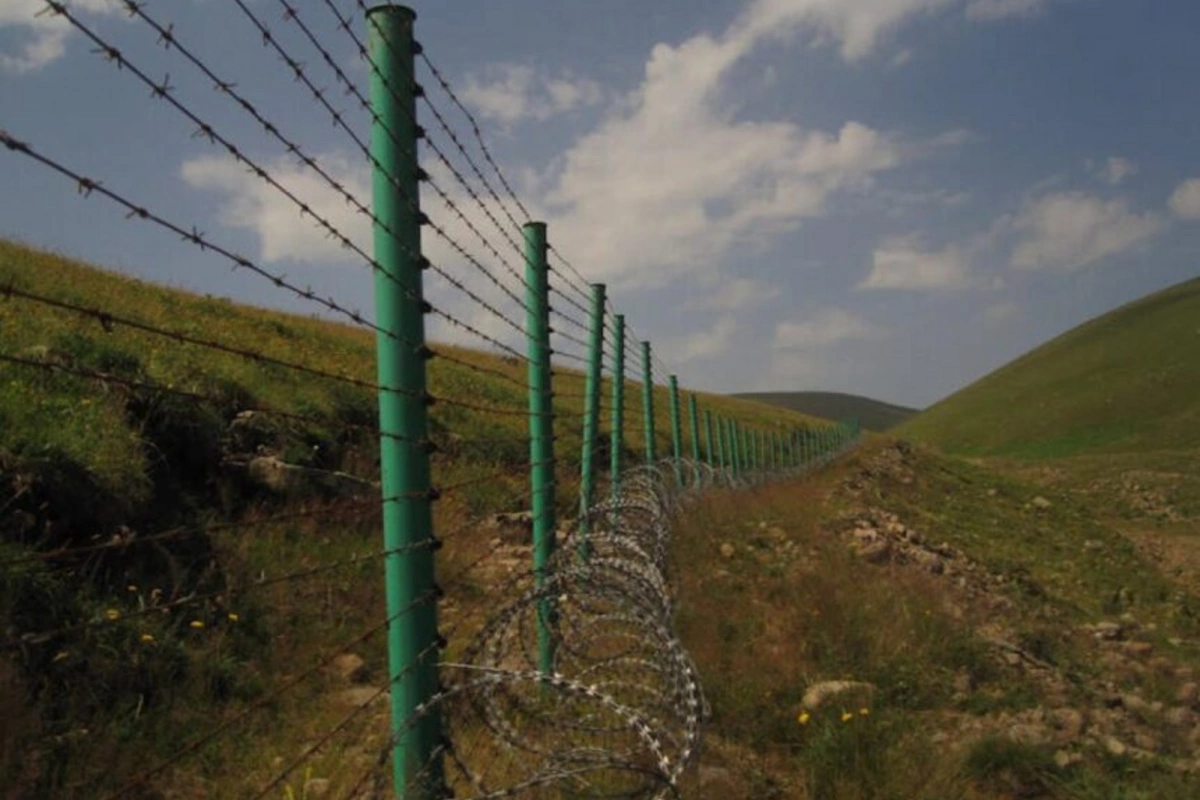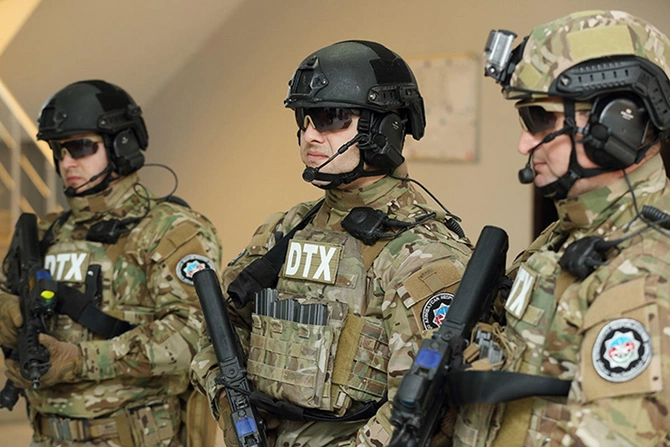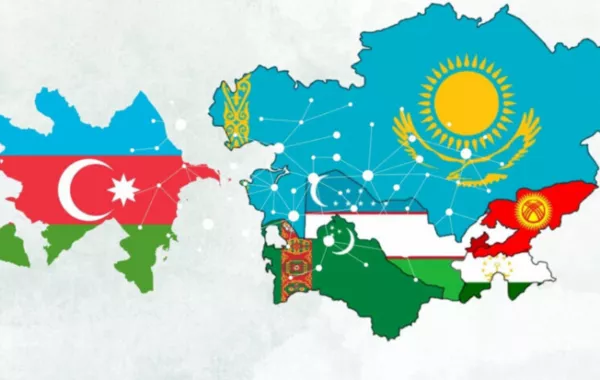
By Tural Heybatov
Since the early 1990s, when Azerbaijan regained its independence, the country's northern border has remained a source of national security threats. The North Caucasus is a complex region where radical religious and extremist movements have proliferated following the collapse of the Soviet Union.
On February 3, the State Security Service and the Ministry of Internal Affairs of Azerbaijan announced a joint operation in the Gusar district aimed at identifying terrorist activities and preventing illegal actions by members of radical religious extremist groups linked to international terrorist organizations. During the operation, authorities discovered the formation of an extremist network in this northern region, involving an individual previously convicted for participation in the terrorist group “Forest Brothers,” which had been active in Dagestan. This group gained notoriety for multiple terrorist attacks, including the 2008 bombing of the Abu Bakr Mosque in Baku, which resulted in casualties.
It is worth recalling that in October last year, a large-scale counterterrorism operation was conducted in the same Gusar district. At that time, a significant radical extremist network linked to international terrorist organizations was dismantled. The extremists were preparing terrorist attacks and armed assaults, setting up underground hideouts and weapons caches in remote forested areas. All of this was occurring just five kilometers from the Russian border. During the operation, several militants were neutralized, while others were arrested. Law enforcement agencies also discovered a large stockpile of weapons. Among the arrested and eliminated militants were individuals with extensive criminal backgrounds who had previously been involved in terrorist groups, including the "Forest Brothers."
Little information about last year's operation in the Gusar district was disclosed to the media, and details regarding the current security operation remain scarce. However, the seriousness of the situation is evident from the fact that between February 3 and 10, large-scale operational search and preventive measures under the codename "Sərhəd-Sipər" ("Border-Shield") were launched in northern Azerbaijan. The operation covered the Quba, Gusar, Khachmaz, Balakan, Zagatala, Gakh, Sheki, Oguz, and Gabala districts. As part of these measures, police checkpoints have been set up in the designated areas. Initial reports suggested the establishment of border control checkpoints, leading to speculation about movement restrictions in the region. However, the Ministry of Internal Affairs denied these claims.

According to official sources, the operation aims to implement decisions on cross-border cooperation, identify and neutralize members of transnational organized crime groups and terrorist organizations, and disrupt channels for the financing of illegal activities, including arms trafficking, explosives distribution, and drug smuggling. The operation is reportedly being carried out in accordance with agreements on strengthening border cooperation between Azerbaijan and Russia.
While Azerbaijani authorities insist that "Border-Shield" is merely a preventive security measure, there is a growing impression that the situation is more complex. Analysts observe a scenario reminiscent of the early 1990s when, according to some reports, North Caucasian groups were used by Russian intelligence services to destabilize Azerbaijan and fuel separatist and radical religious sentiments in the north. Although this issue has never been officially addressed in Baku, it continues to surface in expert discussions. Some analysts speculate that the recent surge in terrorist and extremist activities in northern Azerbaijan could be linked to the same Russian intelligence services.
This theory cannot be ruled out, but external observers are also focusing on another key factor: the fact that this large-scale operation is taking place amid a sharp deterioration in Azerbaijan-Russia relations. The operation is not limited to the Gusar district but spans the entire Azerbaijani-Russian border. It appears that Azerbaijan has decided to take a tougher stance on securing its northern borders, something it previously handled less publicly and in greater coordination with Russia. It seems that Moscow no longer meets Baku's expectations, and following the diplomatic fallout over the crash of the AZAL aircraft-allegedly downed by Russian air defense systems-Azerbaijan no longer sees a reason to rely on good-neighborly relations. In short, Baku has decided not to entrust its border security to its northern neighbor and has taken full control of the situation.
Azerbaijani authorities maintain that these measures will not restrict movement. It should be noted that Azerbaijan’s land borders have been closed since 2020, with the restriction recently extended until April. It is possible that the continued closure of land borders, even after the pandemic, is linked to national security concerns. Air borders are far easier to control, whereas land borders, especially in mountainous terrain, present a greater challenge.
Western analysts note that Russia’s influence in Azerbaijan is visibly weakening, while Baku is strengthening its ties with Türkiye, Israel, and the West, particularly with the United States. On February 4, President Ilham Aliyev signed an order providing $1 million in humanitarian aid to Ukraine. Analysts also view this move as a departure from political correctness in Azerbaijan’s relations with Moscow.
These conclusions from Western observers are understandable. However, it is essential to emphasize that security issues have never been a subject of political bargaining for Baku. If security operations in the northern regions have expanded geographically, this is not intended as a demonstration of conflict with Russia but rather a response to a genuine threat. Azerbaijan’s national security is not up for negotiation.
Share on social media

